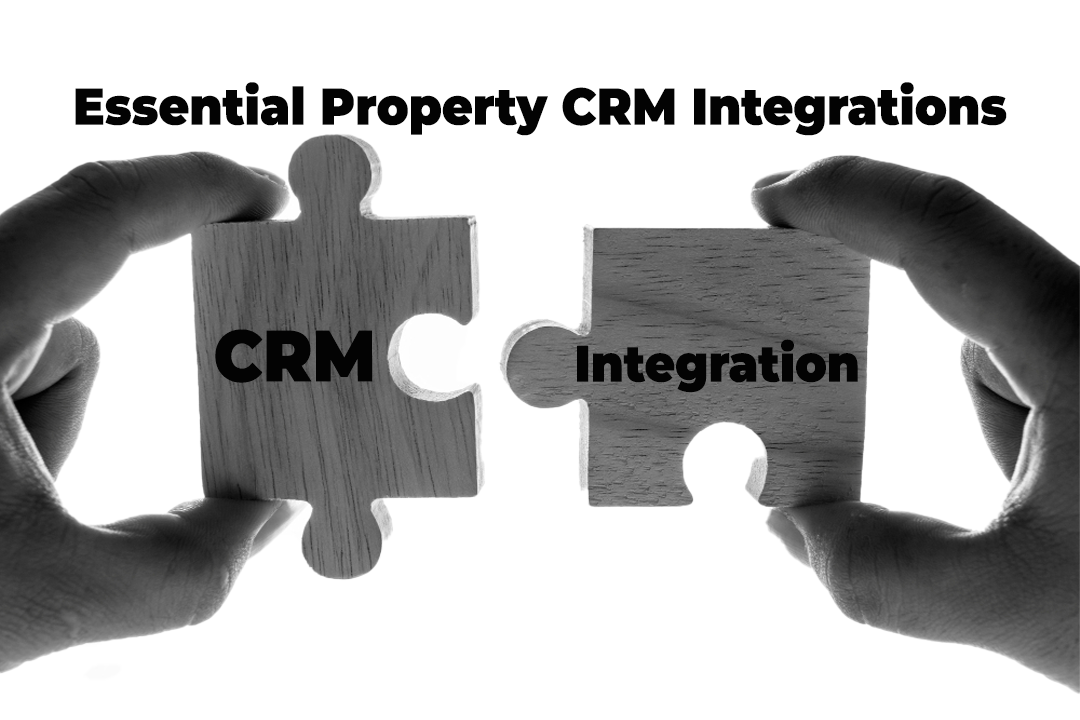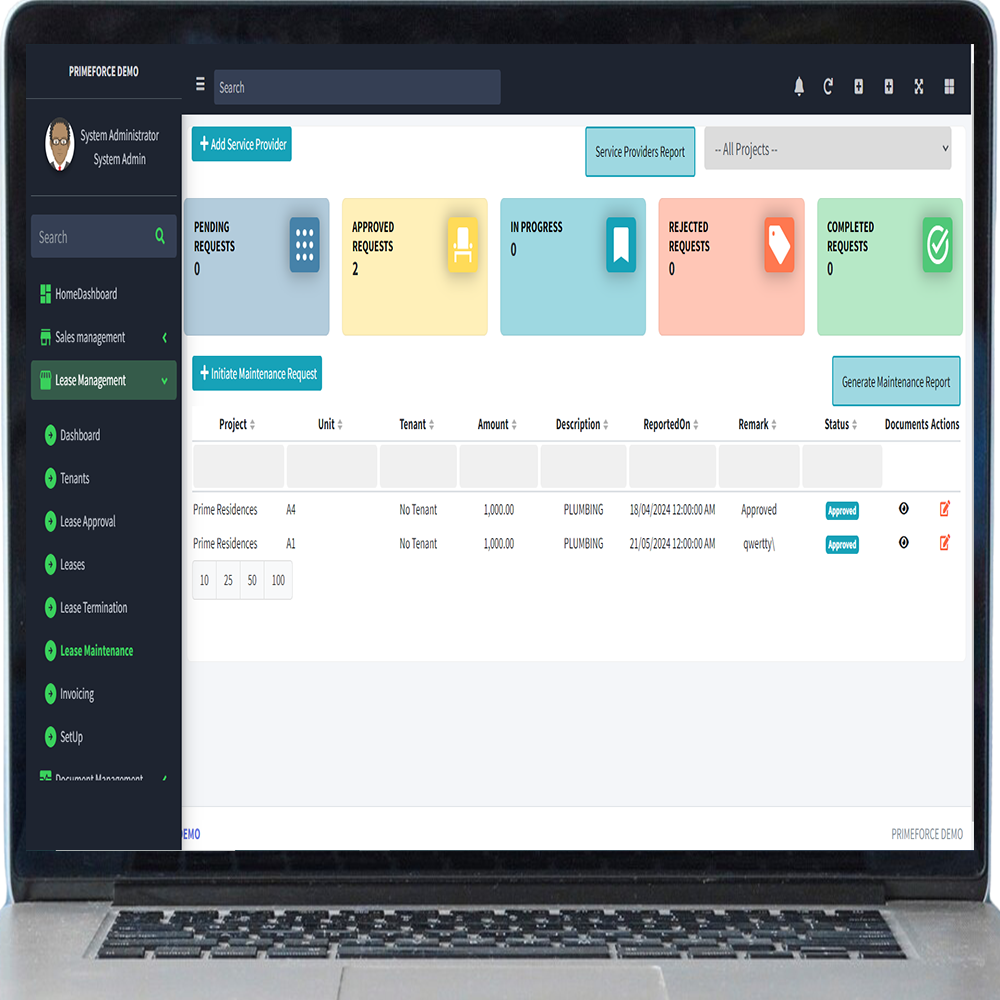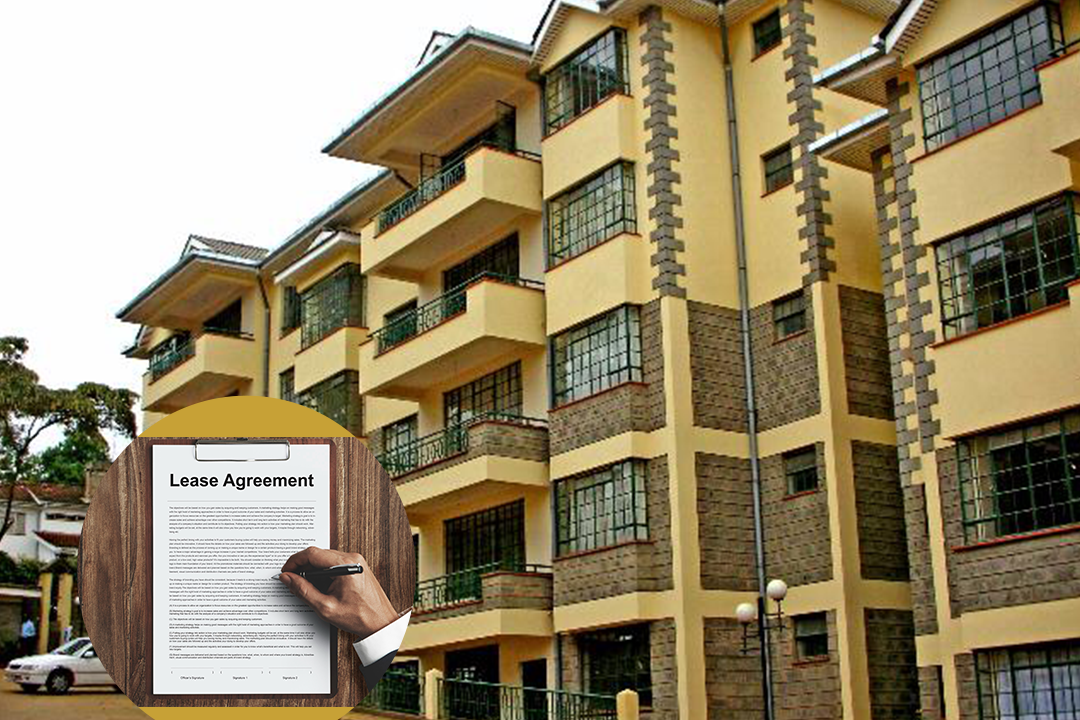 5 Essential Property Management System Integrations
5 Essential Property Management System Integrations
In today's real estate market, success depends on efficient relationships and automated tasks. Regarding automation, real estate CRM software is crucial; however, a CRM's true potential lies in its integrations. To maximize operations, improve interactions, and increase sales, consider these five essential CRM integrations for efficient property management handling.
1. Social Media and Property Listing Integrations
Tools like Hootsuite within a real estate CRM can improve social media management. They enable the marketing team to schedule posts, monitor engagement, and collect client data from social interactions, which can be added directly to your CRM. This information gives you valuable insights into client preferences and behaviour, enabling you to tailor marketing strategies for greater impact. Integrations to platforms like PropertyHub, or your listing system can simplify listing management and inquiries. Benefits include:
- Automating the syncing of property listings with your CRM to identify the most popular listings.
- Seamlessly capture leads from various platforms directly into your Real Estate CRM, preventing any missed opportunities.
- Gain valuable insights into the performance of your listings to guide your marketing strategies effectively.
2. Email Marketing Tools
Having email marketing services like Mailchimp enhances your marketing strategies. This allows you to:
- Automate Personalized Emails: Create targeted emails customized based on client information in your CRM.
- Track Email Performance: Monitor email open rates and click-throughs directly from your CRM interface.
- Segment Clients Effectively: Divide your list into specific groups to send tailored communications that meet individual preferences and requirements.
3. Calendar and Scheduling Tools
Using tools like Google Calendar enhances appointment and showing management. These integrations provide:
- Automated syncing of appointments and showings with your CRM, maintaining an accurate schedule.
- In-CRM reminders and follow-up options to prevent missed meetings or client check-ins.
- Simplified appointment booking for clients, allowing them to schedule based on your availability in real time.
4. Document Management Integration
In real estate, numerous documents are involved. By using document management systems like Adobe Sign with your CRM, you can:
- Streamline electronic document signing, saving time on paperwork.
- Centralize all documents for each client, making them easily accessible within the CRM.
- Improve legal compliance by providing secure handling and storage of important documents.
5. Financial Software Integrations
With financial software like QuickBooks, one can enhance their real estate operations by:
- Automating financial updates in your CRM during transactions, streamlining your processes.
- Granting quick access to financial information, enabling prompt decision-making.
- Boosting the accuracy and efficiency of financial reporting and forecasting within your CRM.
Conclusion
Integrations in a real estate CRM will enhance its capabilities and streamline your workflows ensuring efficiency in your management needs. This also allows your CRM to go beyond record-keeping and become a driving force for your business. For efficient property management, consider CRMs with these essential integrations.









